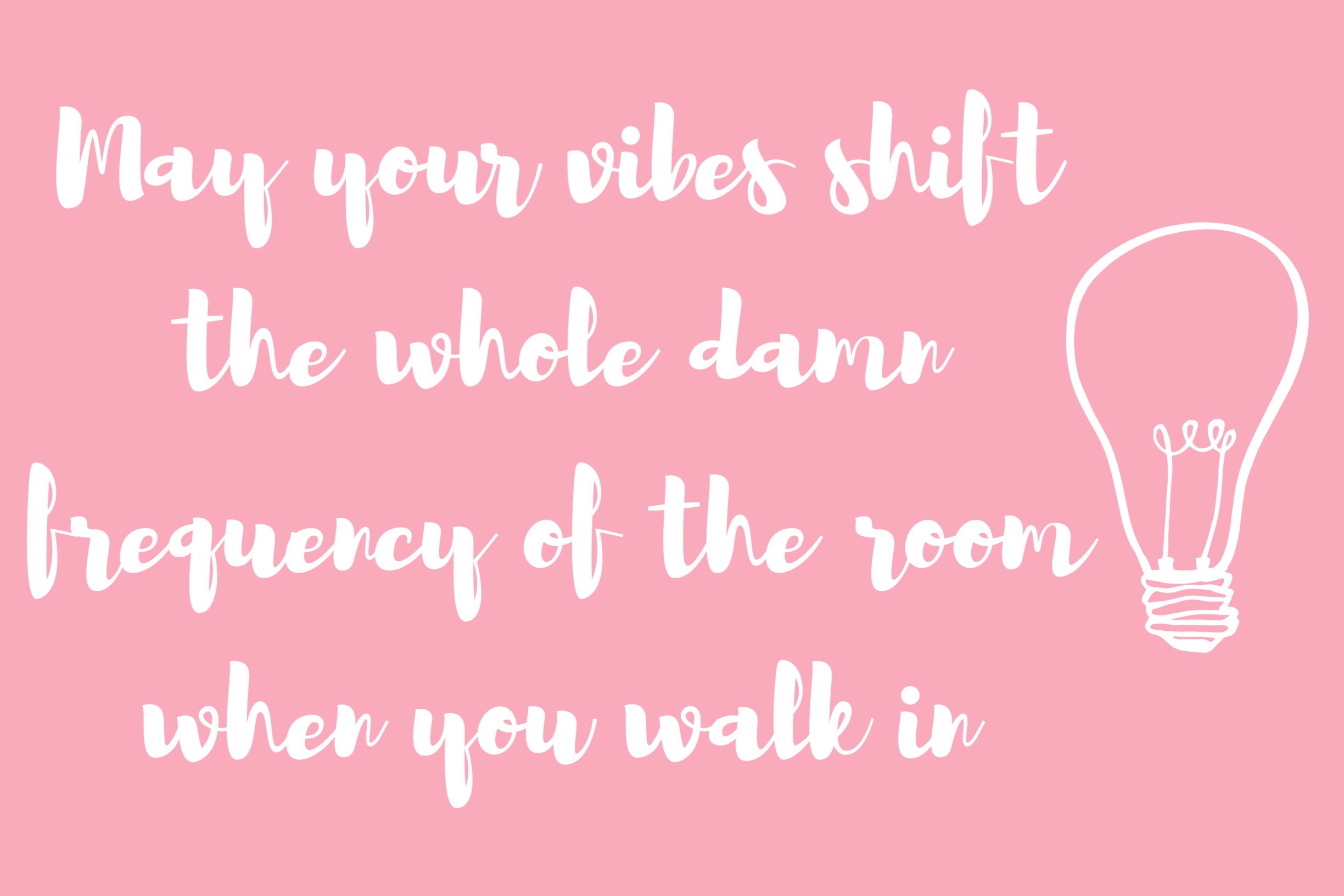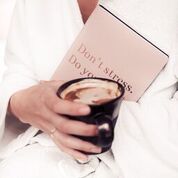Hi, there lovely readers! Continuing on my ‘Hey Miss Jane’ career tips series, I was recently reminded of just how heart-warming and valuable a humble thank you can be. Let me tell you a story about a recent, wonderful candidate.
Georgina had been Chief Financial Officer in the same company for 25 years and as you can imagine, was a tad shell-shocked when the role became redundant. The conversation went thus:
Georgina: Jane I simply don’t know where to start? And I must say I’ve never experienced this unsettling feeling before, not even when my girls headed off to Europe for their gap year!
Jane: It is uncomfortable isn’t it, and I’m going to help you alleviate this feeling by having us start at the very beginning, what do you think?
G: Oh yes, please! (As she thrust a bag of her homemade rocky road into my hands, the first of many – making great vats of the stuff was Georgina’s stress reliever)
G: (four weeks and four bags of rocky road later) Now that my fabulous marketing materials have landed me this interview, and we’ve practised preparing my responses and I’m almost confident to negotiate my wage if I’m the successful applicant, any parting wisdom?
J: Just be you, Georgina. Oh! And don’t forget to send a thank-you note to each of your interviewers after the event, it’s a nice little touch and likely to make you memorable long after you’ve left the building.
The thank-you note. To me, it’s the easiest way to leave a lasting impression yet why do we so often neglect to do so? My career transitioning candidates roll their eyes when I remind them to send a quick thank-you note after each interaction – post network meeting, in response to a LinkedIn skills endorsement, a network connection, or post-interview. Yet it takes but a second.
 And what better way to remain in the interviewer’s hearts and minds after you’ve thanked that audience, left the building, and now await that call to say you are the chosen one?
And what better way to remain in the interviewer’s hearts and minds after you’ve thanked that audience, left the building, and now await that call to say you are the chosen one?
You see, the human brain is programmed to compress experiences into three phases: The beginning, the peak, and the end. In the case of a networking conversation or job interview, we tend to put more focus on creating a fabulous first impression, yet how we follow up can play a critical role in how we’re remembered afterwards. In this era of e-communication, a thoughtful thank-you note matters more than ever and costs us nothing but a couple of moments. Let me share five simple steps to crafting the perfect thank-you note…
Put it on paper
It’s easy to send a quick thank-you note via email right after you leave an interview or network chat however if your inbox is anything like mine, that email is apt to get lost in the pile of electronic communications, especially if it’s not urgent. Why not cut through that clutter by sending a small paper note? Writing on paper will also have the benefit of forcing you to be more thoughtful about what you’re writing.
Make it personal

A thank you note can be forgettable or memorable. Instead of a generic “thank you for your time,” why not tell the person what you specifically appreciated about your meeting. Were there particular qualities in the encounter that stood out in your mind? A moment that demonstrated why you would want to work there? Something you’d like the interviewer/networker to know you took away from the conversation? Assume others are also sending a thank you note, and personalise yours, so it stands out as unique. Oh! And if you’re sending more than one thank you note, take the extra time to make each one unique for we can easily sound disingenuous if our recipients compare notes and realise we took the easy way out and copied/pasted.
Be real but be neat
Writing out your note in longhand is a small window into your personality. Penmanship may be a dying art, therefore, ensuring your writing is legible and neat will help put your best (type)face forward. I pride myself on my handwriting however when in a hurry, have been known to write in brail. Hurried chicken scratch writing won’t reflect well on you. Take care especially to make sure your signature is readable, so they know who sent the note.
Anyone you missed?
A thank you should not be reserved for the people with the loftiest titles. Who else helped you? A receptionist who worked on the meeting’s scheduling? Current employees with whom you privately chatted to get a sense of the workplace culture? Take a moment to thank these people as well. Such sweet gestures can often lead to these connections putting in a good word for you. Sometimes it’s people on the periphery that can make all the difference in a close decision. Case in point – the first person my old boss used to turn to for an opinion on someone he’d just interviewed was our Receptionist, followed by the Personal Assistants.
Still in doubt?
I recently observed a debate between recruiters in a LinkedIn group where one had asked the question ‘What methodology do you use to help make the decision between two perfect candidates?’ The overwhelming response was ‘The first one who bothers to send me a thank you for the interview.’
G: (via excited phone call) I’ve just been offered the job!! I’m so excited! And you want to know something interesting? The recruiter said that the panel struggled to single out the best of the three contenders for the role and apparently it was my thank you notes that cinched the deal. It worked! AND when we have our wrap up meeting, I’m bringing a triple bag of rocky road!
J. But your stress must have eased thanks to this great news?
G: Haa, haa, while I was waiting to hear whether I had landed the role or not I knocked up three batches of the stuff!
Any great stories of your own? Do share in the chat box below 🙂







